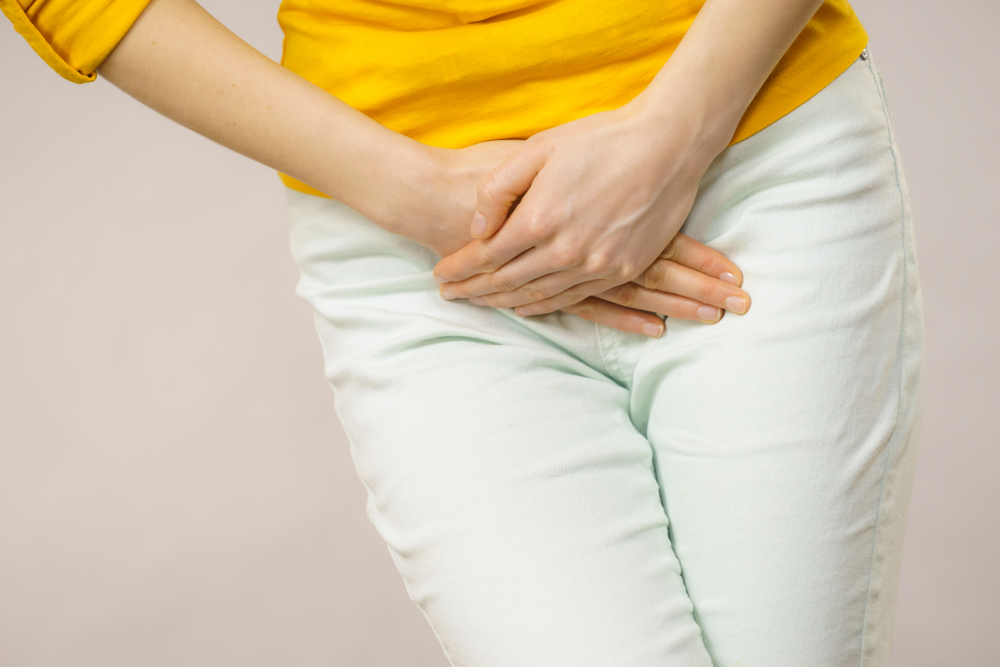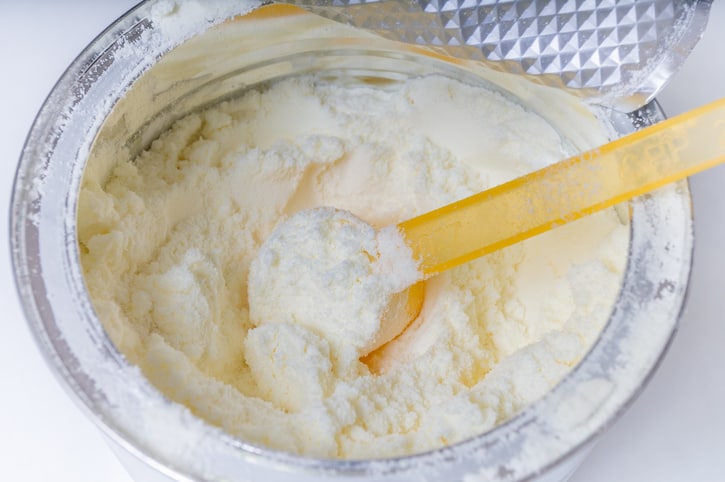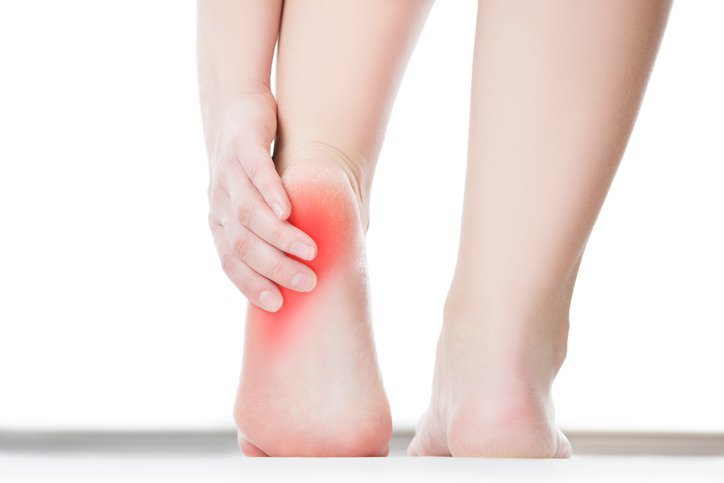Contents:
- Medical Video: How to Convince People Convincing Skills in Hindi by Vivek Bindra
- Why can the skin around the vagina be irritated?
- Is this the effect if vaginal irritation is not treated or not prevented?
- 1. Bacterial vaginosis
- 2. Urinary tract infections
- Tips to prevent the vagina from being clean and menstruation free of irritation
Medical Video: How to Convince People Convincing Skills in Hindi by Vivek Bindra
Maintaining and caring for skin health is important. Unfortunately, many women tend to focus more on treating facial skin, hands and feet. In fact, all skin on the body also needs treatment, including the skin around the vagina. As a result, many women have complaints such as itching, burning, and rashes, signs of vaginal irritation.
If not treated immediately, what is the effect on health? Then, how to maintain cleanliness? Come on, find out the answer in the following review.
Why can the skin around the vagina be irritated?
Did you know that the vagina is very sensitive? Yes, the thickness of the protective skin is known as stratum corneum or horny cell much thinner than other areas.
In addition, the area of the skin around the genitals also tends to be more often moist. The greater the risk of irritation coupled with the use of various products regarding the skin of the vagina, such as sanitary napkins, cleaning products, textiles, and also contraceptives such as condoms.
This condition can occur at any time, but is more often experienced by women before and during menstruation. Hormonal changes that cause mucus to become more numerous and sanitary napkins made from soft, do not absorb blood properly, and unbreathable (does not allow air circulation) may be the culprit.
The vaginal area that is too moist can cause friction and fungal growth becomes more active. As a result, the vagina will feel itchy, reddish, and cause rashes. This condition certainly makes you uncomfortable in carrying out various activities, right?
Is this the effect if vaginal irritation is not treated or not prevented?
The earliest symptoms of irritation are the appearance of redness, sometimes accompanied by itching. Unfortunately, many women don't know these signs and just leave this condition. Assuming the condition will be good by itself over time, until finally realizing the vagina becomes irritated after the rash appears.
Without treatment and prevention, symptoms of irritation in the vagina can get worse. The combination of vaginal moisture, irritation conditions that already exist, and no circulation in the skin of the vaginal area, can be a nest for bacteria to breed. The following are some of the possible risks that occur if vaginal irritation is not treated.
1. Bacterial vaginosis
Actually, bacteria are not always evil, there are also good bacteria that help maintain a healthy body, such as good bacteria in the digestive system and also the vagina. However, good bacteria and bad bacteria will continue to compete, if there are more numbers, the bacteria will win.
Well, good bacteria in the vagina can not compete with bad bacteria due to the condition of the vagina that is too moist As a result, bad bacteria can multiply actively which causes bacterial vaginosis.
This disease causes changes in mucus; become more numerous and smell unpleasant and will cause a sensation of pain and burning during urination or having sex. If not treated, this condition can affect fertility.
2. Urinary tract infections
Besides bacterial vaginosis, bad bacteria that continue to multiply can cause urinary tract infections (UTI). Bad bacteria, especially bacteria E. colli which accumulates in the vagina, can spread to the bladder and cause inflammation.
Symptoms of UTI that commonly occur are fever, pain and a burning sensation when urinating, as well as pain in the lower back and lower abdomen. This condition may make you want to continue urinating, but only a little urine is released.
Pay attention to the signs and symptoms of these two diseases. Immediately check the doctor before the condition gets worse and complicates treatment.
Tips to prevent the vagina from being clean and menstruation free of irritation
You certainly don't want to get vaginal irritation and risk other vaginal diseases, right? Of course, it's better to prevent than cure. For that, see tips for caring for and maintaining vaginal hygiene to stay healthy like the following:
- Wisely choose sanitary napkins. High humidity occurs during menstruation. That is, you have to choose pads that do not make the vaginal area become moist. Look for soft and fast absorbing pads. And most importantly, sanitary napkins must have pores that allow for air circulation so that the vaginal area will remain dry.
- Do not use vaginal cleansing products that can damage the vaginal acid balance. Preferably, flush the vagina gently with clean water and flow every time you urinate. Then, wipe with a tissue so the vagina stays dry.
- Avoid tight pants and rough material. Choose pants made from cotton that are soft and can absorb sweat well.












